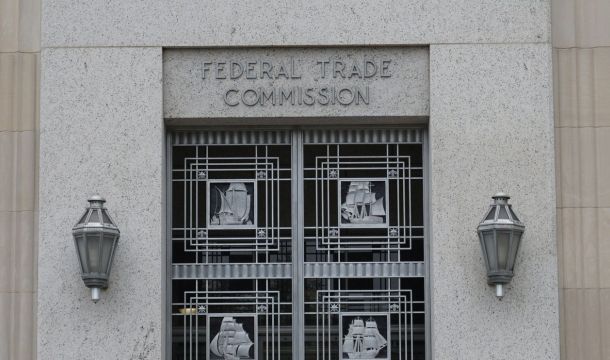The Good, the Bad and the Ugly about the FTC Proposed Banning of Non-compete Agreements
The "bad" is that on January 5, 2023, the Federal Trade Commission (FTC) proposed a rule that would ban most non-compete agreements with limited exceptions, assuming the rule becomes final in its present form. The federal rule would not only ban non-competes but also "de facto" non-competes, which the FTC said could include other types of contracts such as non-disclosure agreements if they are applied so broadly as to function like a non-compete. The FTC could determine that the contract provisions serves as such a de facto non-compete by effectively "prohibiting a worker from seeking or accepting employment with a person or operating a business" at the end of the worker's employment. This could theoretically include overbroad non-solicit agreements or repayment provisions for training costs as well. The proposed rule would also apply to independent contractors and anyone who works for an employer.
The rule would require employers to rescind any existing non-compete clauses and to notify employees who have been subject to such clauses of the recission, in writing, within 45 days of the recission. The only non-competes exempted would be those in connection the sale of business or sale of an ownership interest, where the person to be banned owns at least a 25% interest in the company.
The rule could go into effect 60 days after it becomes final, and employers would have 180 days after publication of the final rule in the Federal Register to comply.
While the proposed rule is Draconian, there is still some relatively "good" news to report. First, the FTC in its invitation for public comments suggests that it might be likely to scale back its proposal before issuing a final rule. The FTC invited comments on possible alternatives to the ban such as a requirement that employers give job candidates advance notice that they will be asked to sign a non-compete, and also raise the possibility of treating non-competes for executives differently from other workers.
Since the FTC has requested comments on alternatives to the proposed rule, it is hoped that it will scale back the rule before making it final. Comments may be submitted within 60 days from the date the notice is published in the Federal Register. The required notice of proposed rulemaking for the proposed rule, which sets out the rule and FTC's rationale, and discusses how to file comments on the rule, is available at https://www.ftc.gov/legal-library/browse/federal-register-notices/non-compete-clause-rulemaking.
For example, some may propose as alternatives applying the provisions only to low-wage workers, banning overly broad non-competes, or disclosing the requirement of a non-compete in advance.
Many believe that the FTC does not have the authority to issue such rules on employee non-competes, at least outside a merger situation. The U.S. Chamber of Commerce has called the proposed rule "blatantly unlawful." Any final rule is subject to challenge in court, with some chance of success under Supreme Court doctrine limiting the authority of federal agencies. Perhaps the final piece of relatively "good" news is that the FTC rule can only be enforced by the FTC, so private parties will not be able to initiate litigation. The FTC has limited resources to initiate broad enforcement of such a rule. One wonders, however, whether courts interpreting state non-compete rules will adopt some of the provisions of the FTC rule in their own application of non-compete concepts.
Now on to the "ugly." The main problem is an increased degree of uncertainty about the use and enforceability of non-compete agreements going forward. This writer believes that the proposed FTC rule is so Draconian that it will be scaled back, either by the FTC itself or by court litigation. Nevertheless, employers wishing to plan ahead and "plan for the worse" may want to consider other measures to protect themselves should their non-competes be deemed unenforceable.
An obvious starting point is to evaluate using alternative non-compete provisions that are less likely to be successfully challenged, including non-disclosure agreements, customer and employee non-solicitation provisions, "garden leave" clauses, clawback and forfeiture-for-competition provisions, or reasonable advance notice of resignation requirements, and others.
The bottom line is that there is no need for immediate panic, but employers that vitally depend on non-compete agreements should begin assessing their current agreements and how alternatives to those agreements could change in approach should it be necessary for the future.
This article is part of our February 2023 Newsletter.
View newsletter online
Download the newsletter as a PDF
Related Content
Get Email Updates

NLRB to Seek Rescission of past Discipline Imposed under Overbroad Employer Work Rules

Do Drive Cam Cameras inside Trucks Violate Employee Rights?

Amazon Considers Risk When Investigating Employee Misconduct

Latest NLRB Attack Goes beyond Non-Compete Agreements to Reach Outside Employment

NLRB Board Addresses BLM Insignia at Work




